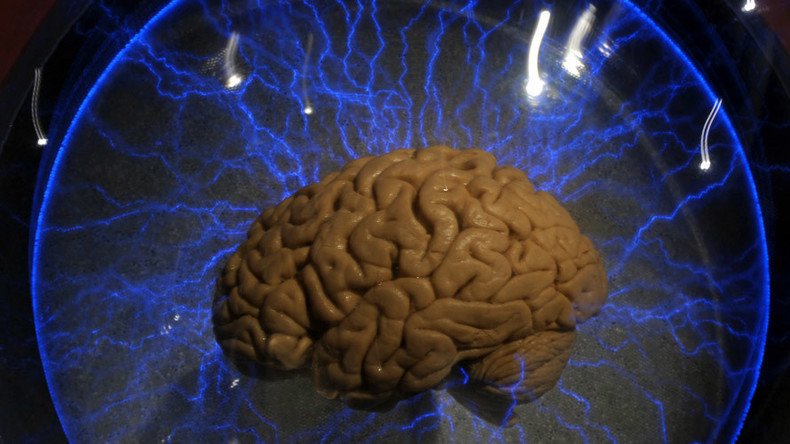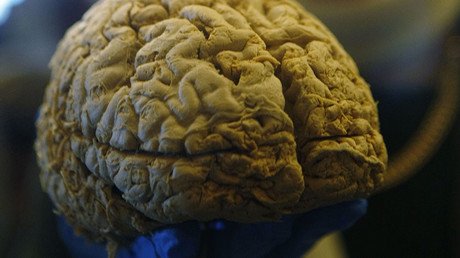Sleep mode: Your brain dozes off even while you’re awake, study finds

One moment you’re alert and paying attention, the next you’ve somehow zoned out and missed something key. New research says this might be a result of parts of the brain switching off even while you’re awake.
Researchers from Stanford University have discovered that, even during waking hours, parts of our brains fall asleep and wake back up all the time.
This is similar to the big ebbs and flows in activity that take place during sleep but on a much smaller scale, with only small portions of the brain switching off for a few seconds at a time. Essentially, we all go through a daily cycle of alertness and tiredness based on whether neurons in our brain are switched on or off.
The Stanford scientists, whose work was published in the December issue of Science magazine, believe that when neurons are in an “on” phase they are more alert and more ready to deal with challenges. They also found that when someone is paying attention to a specific task they’re less likely to drift into an “off” phase.
“During an on state the neurons all start firing rapidly,” the senior author of the paper, Kwabena Boahen, explained to Stanford News. “Then all of a sudden they just switch to a low firing rate. This on and off switching is happening all the time, as if the neurons are flipping a coin to decide if they are going to be on or off.”
The researchers say this suggests that processes that regulate brain activity in sleep might also play a role in attention.
"Selective attention is similar to making small parts of your brain a little bit more awake," co-lead author Tatiana Engel said.
READ MORE: Magic mushrooms: Psychedelic drugs ease anxiety for people with life-threatening cancer
The research was conducted by doing attention tests on monkeys who had probes hooked up to their brains. "The monkey is very good at detecting stimulus changes when neurons in that column are in the on state but not in the off state," Engel said.
The researchers assert that the brain goes through this constant off/on routine in order to conserve energy and get rid of waste.













